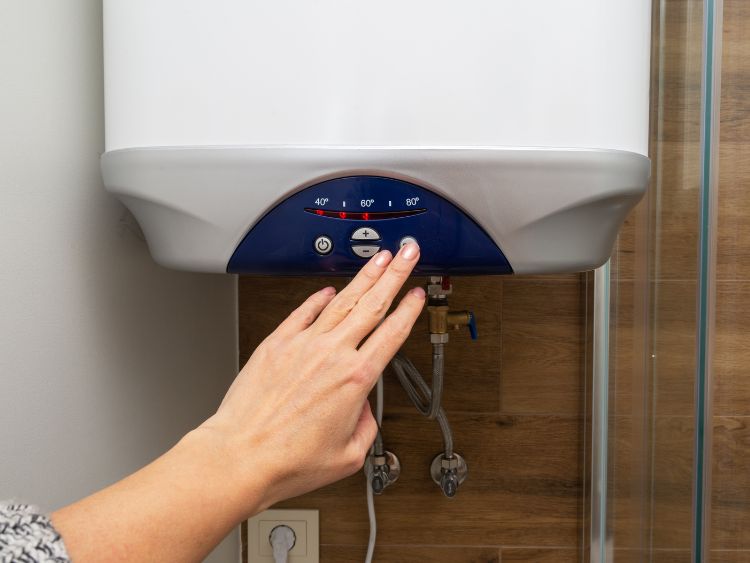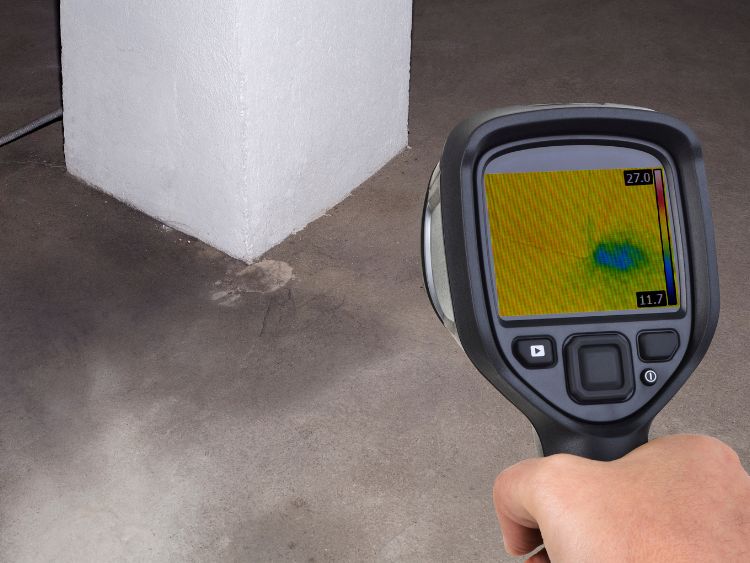In today’s eco-conscious world, homeowners are constantly on the lookout for ways to improve their energy efficiency and reduce utility bills. Tankless water heaters represent a significant leap forward in both technology and home comfort, offering an endless supply of hot water while saving space and energy. Let’s dive into how these innovative systems are changing the game and why they might be the perfect fit for your household needs.
Have you ever been the last one to shower in a multi-person household, only to find that there’s no hot water left? Well, say goodbye to those days. Tankless water heaters, also known as on-demand water heaters, provide hot water only as it is needed, eliminating the need for a storage tank and the energy losses associated with constantly heating a large volume of water. This article will explore the ins and outs of tankless water heaters, how they work, their benefits, and some FAQs to help you decide if they are the right choice for your home.
Understanding Tankless Water Heaters
How Do Tankless Water Heaters Work?
Tankless water heaters are marvels of engineering that heat water directly without the use of a storage tank. When a hot water tap is turned on, cold water travels through a pipe into the unit, and either a gas burner or an electric element heats the water. This means that hot water is available in a matter of seconds. Unlike traditional storage water heaters, which heat and reheat water until it is used, tankless heaters provide a continuous supply of hot water, making them efficient and effective.
Key Benefits of Switching to Tankless
- Energy Efficiency: Tankless water heaters are generally more efficient than their tank counterparts because they avoid the cost of maintaining the heat in a tank that can lose energy over time.
- Longevity: These units typically last longer than traditional water heaters, with life expectancies of more than 20 years, compared to 10-15 years for tank models.
- Space Savings: With no need for a bulky tank, tankless water heaters free up valuable space in your home. They can be mounted on a wall, tucked away in a closet, or even installed outdoors.
- Unlimited Hot Water: Imagine never running out of hot water during a shower again, no matter how many back-to-back showers you have, thanks to the on-demand nature of these heaters.
Installation Considerations
Before jumping on the tankless bandwagon, it’s important to understand that installation can be complex and may require upfront adjustments to your home’s plumbing or electrical systems. This might involve additional upfront costs, but for many, the long-term savings and convenience are worth it.
Choosing the Right Model
Gas vs. Electric
- Gas Models: These are typically more powerful and can heat water faster than electric models. They are an ideal choice for larger households with higher hot water demands.
- Electric Models: Easier and generally cheaper to install, electric tankless water heaters are a great option for smaller households and areas with moderate to low hot water needs.
Size Matters
Choosing the right size is crucial when it comes to tankless water heaters. Unlike traditional tanks, the size does not depend on the amount of water it can hold but on the flow rate—the amount of hot water the heater can deliver at a given time. It’s a delicate balance: too small, and you won’t have enough hot water; too large, and you’ll waste energy and money.
FAQs
Q: Are tankless water heaters environmentally friendly? A: Absolutely! They are more energy-efficient than traditional water heaters because they only heat water when you need it, reducing energy waste.
Q: Can a tankless water heater fill a tub? A: Yes, it can. However, you need to make sure your tankless heater has a high enough flow rate to fill the tub at the temperature you desire.
Q: What maintenance does a tankless water heater require? A: Tankless water heaters typically require less maintenance than traditional water heaters, but annual servicing is recommended to clear out any mineral buildup and ensure the unit is operating efficiently.
Why Tankless Might Not Be For Everyone
While tankless water heaters are fantastic, they aren’t for everyone. Installation can be pricey, and they require a significant amount of energy at the moment they are heating water. This could be a challenge in homes with older electrical systems or in areas where electricity prices are particularly high.
Conclusion
Tankless water heaters offer a modern, efficient, and space-saving solution for providing hot water. They can significantly lower utility bills, provide endless hot water, and occupy less space in your home. Whether you’re building a new home or upgrading your existing appliances, considering a tankless water heater is a smart move toward sustainable and comfortable living.



